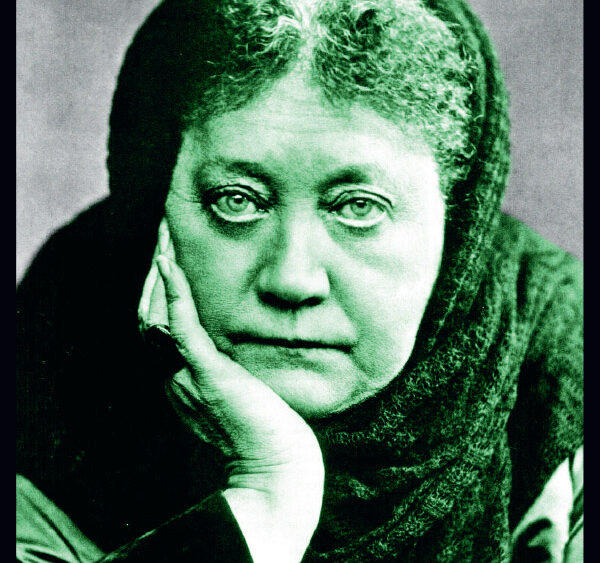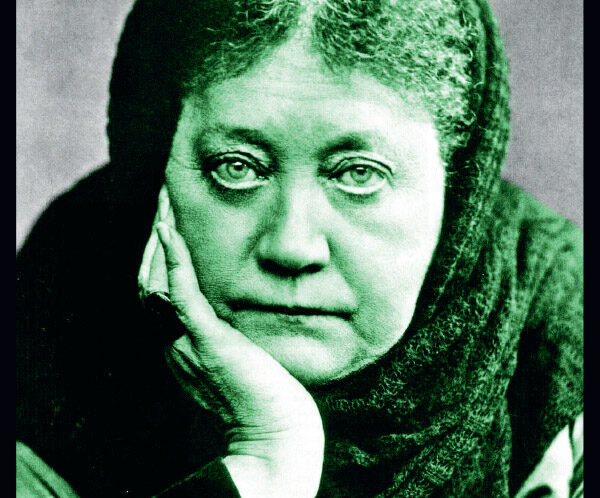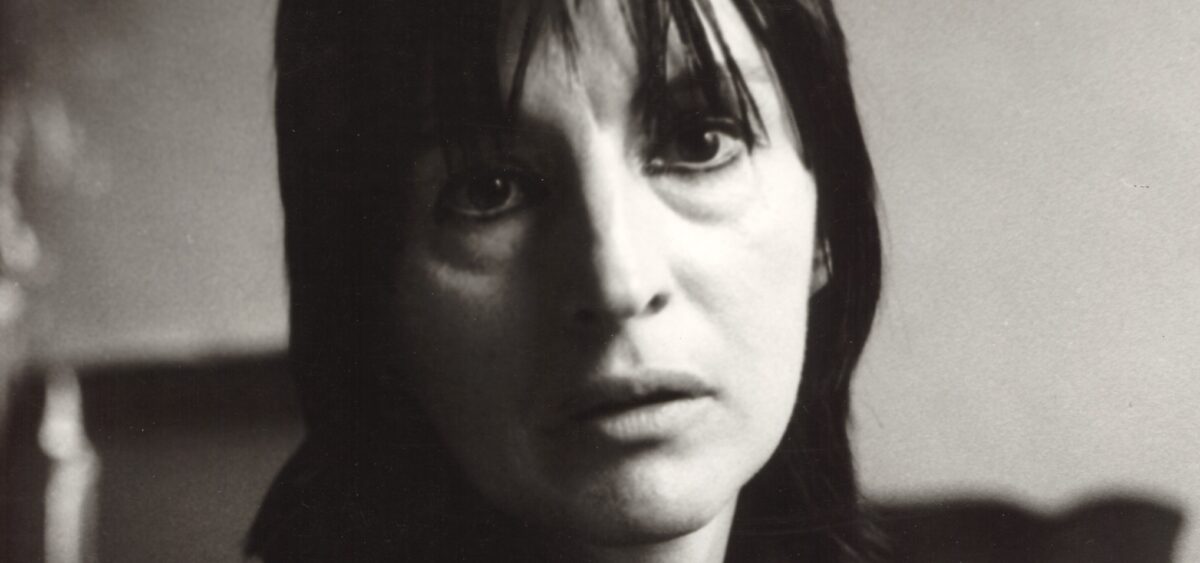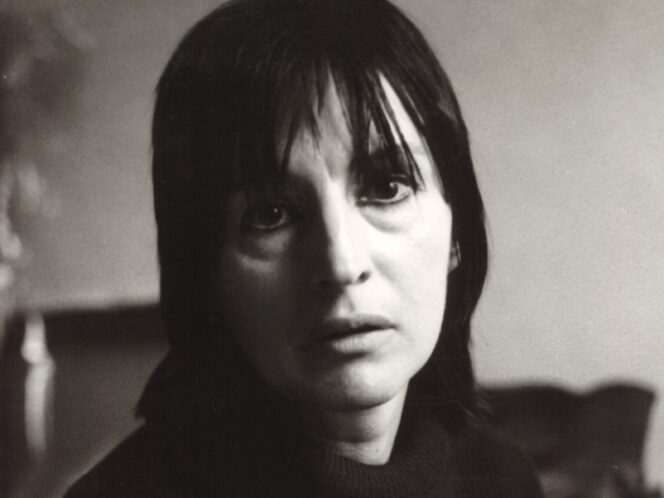
Who was the most mysterious woman of the age of steam and electricity? An ingenious fraud, an enlightened sage, or maybe just a skilled writer? That’s the million dollar question.
What was the first impulse? How did it all start, and when did it start?
There are many answers to choose from. Such as eons ago. Somewhere in Atlantis. In the vast spaces of the astral spheres. One way or another, it was all planned by a brotherhood of invisible sages who control humanity from behind the scenes.
Or perhaps—we cannot rule this possibility out either—it was neither far away nor long ago. Precisely speaking: in Russia, in the year 1838. That’s when seven-year-old Helena Petrovna Blavatsky arrived in Astrakhan. She was born in Ukraine; her mother, Helena von Hahn, was a promising Russian novelist, and her father Peter von Hahn was a cavalry officer in the Tsar’s army. Astrakhan, nestled in the Volga Delta, was where Helena’s maternal grandfather Andrei Fadeyev worked as a civil administrator to the local Kalmuck tribes, consisting mostly of Tibetan Buddhists. One day, Kalmuck leader Prince Tumen took little Helena and her mother to a small local temple. The girl found herself surrounded by Tibetan lamas throatily chanting their holy mantras in deep meditation, shrouded with a blanket of thick incense smoke. For the first time in her life, she felt the magnetic tug of the Orient. She would often emphasize the importance of this visit; her spiritual initiation of sorts.
But perhaps the real beginning took place several years later? One day, teenage Helena—who, after her mother’s passing, was staying with her family in Saratov, near the Russia-Kazakhstan border—discovered a vast library, previously owned by her great-grandfather, Prince Pavel Vassilyevich Dolgorukov. There she found hundreds of decaying books by the sixteenth- and seventeenth-century masters of alchemy and hermetic philosophy, such as Paracelsus, Heinrich Cornelius Agrippa, and Heinrich Khunrath. Helena’s great-grandfather (a high-ranked Freemason who in the 1770s was initiated into the Rosicrucian mysteries) selected the books for his collection with meticulous care. Helena devoured them with passion, and it wasn’t long until she became an expert in the field of occultism.
Again: was it all a mere coincidence… or perhaps the result of an intervention of some higher powers? Maybe it was decided by the Karmic law that controls the world and all who live in it, as described by Blavatsky years later in The Secret Doctrine, her opus vitae? Does it mean it was no accident Fadeyev was sent to Astrakhan? Could Dolgorukov foresee that, decades later, his great-granddaughter would discover his library?
We could keep asking such questions forever. The life and work of Helena Blavatsky—the founder of the Theosophical Society, prolific author, avid traveler, and the great lady of occultism worldwide—is indeed a perfect amalgamate of facts and imagination that blur the thin line between reality and fiction. The stories about her adventures and views read like fantasy novels or perhaps a mythical tale; a great literary mystification, even, in which the








